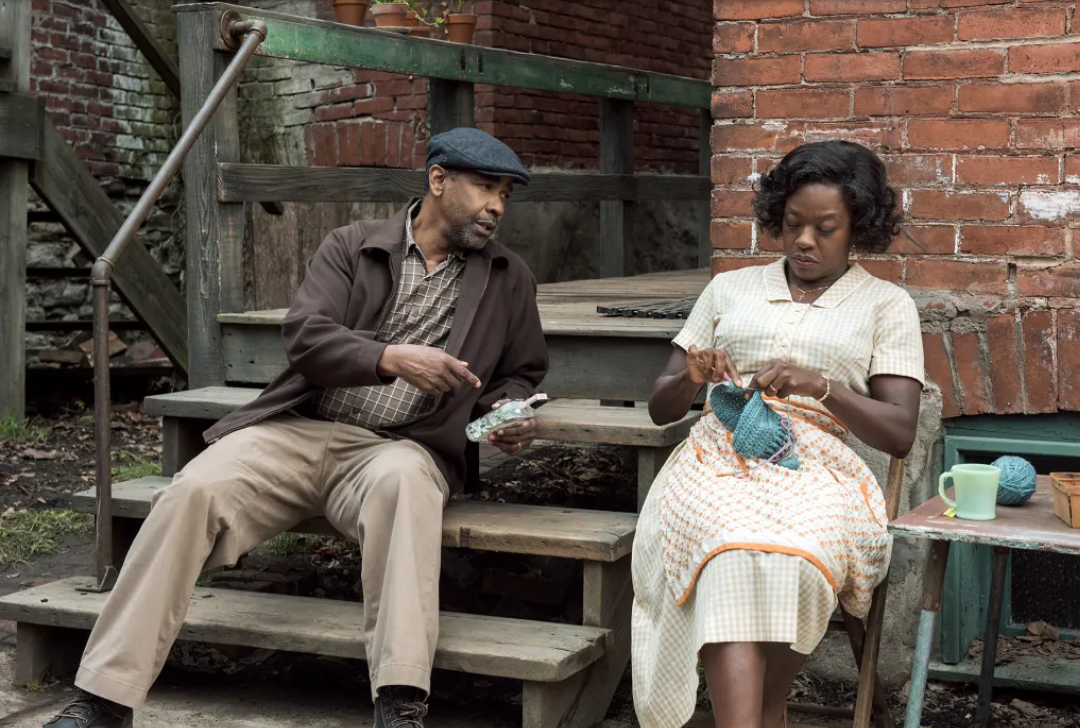Syllabus: Week 6, February 10
STEP TWO: READ WHAT OTHERS HAVE WRITTEN ABOUT your book. Having completed (or nearly finished) your book, the next step is to read others’ opinions about the book. That might be a published book review. It might be an article about the author. Or an interview. It might be a database, subject overview which discusses your book. It might be advertisement for the book. This step, called “the review of literature,” is when you read what others have written about the book. You do this WAY before putting pen to paper, expressing your own thoughts. As with our first step, you will keep track of your findings on a google sheet. Also this week, we will wrap up our reading of the Wilderness packet. I will collect and grade annotations next week! Our next book is F. Scott Fitzgerald’s The Great Gatsby. Pick up your copy from the bookstore this week.
TUESDAY
20 minutes of independent reading.
Returning to the wilderness packet, and specifically looking at the poetry in our packet.
After examining these poems, we will begin reporting out on your research on your independent reading via a new google-sheet.
HW: You should have finished reading your book by next week. Get that done (if not finished already).
Annotation Tips:
“Still Puritan After All These Years”: How are current Americans similar to Puritans of old?
“American in Legend”: What did pre-colonial Americans think about witches, the devil, and the wilderness?
Arthur Miller, introduction to The Crucible: What did the Puritans think about nature and wilderness?
Washington Irving’s “The Devil and Tom Walker”: How is nature portrayed in the story?
Krakauer’s “The Alaskan Interior”: How is nature portrayed in this chapter?
“This Land is Your Land”: How is land portrayed in this song?
“Trees” and “Lost”: How are trees and the forest portrayed in these poems?
THURSDAY
xxx
HW: Annotations in the Wilderness packet are due next Wednesday. This long weekend, review those, circling vocabulary, writing out questions, and adding your responses as needed.



